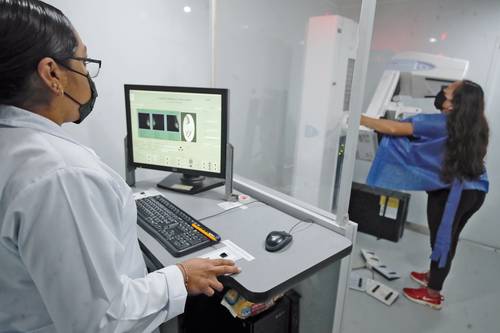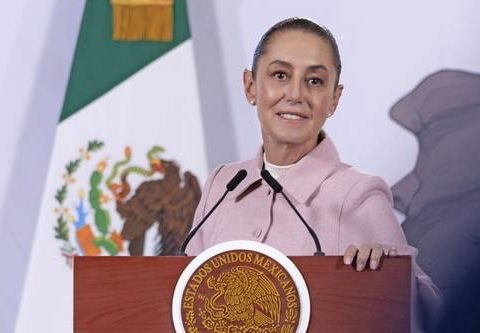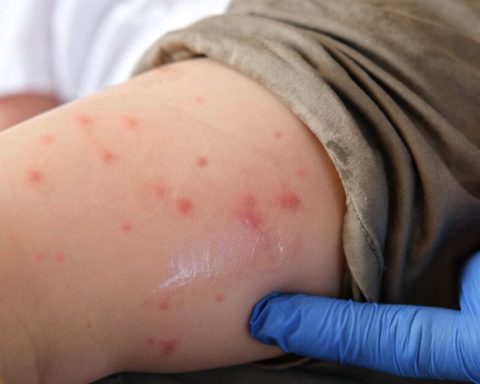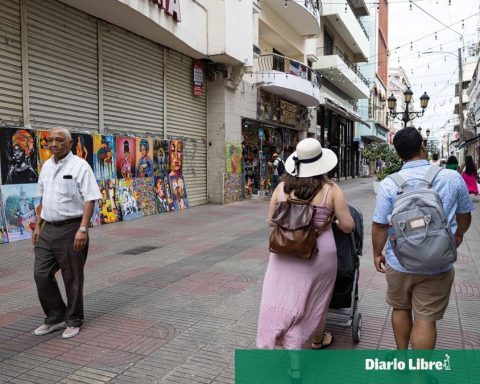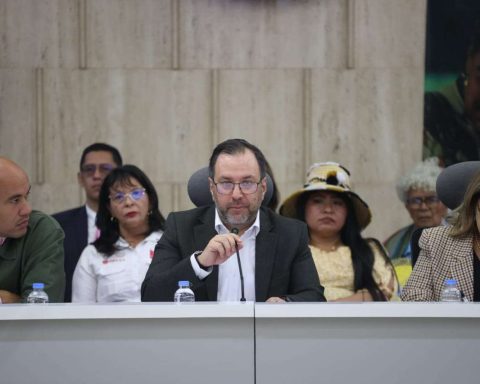▲ In the Iztacalco mayor’s office, free mammography days, in the context of the World Day to Fight Breast Cancer, which is celebrated every October 19.Photo Cristina Rodriguez
Angeles Cruz Martinez
Newspaper La Jornada
Sunday, October 16, 2022, p. 8
Since 2006, when breast cancer became the most common cancer among women, there are more and more people with this disease. And after two years of the covid-19 pandemic, medical observation has detected larger and more widespread tumors in other organs and with little or no chance of control.
It is a serious situation, but the impact on the population could be reduced with a national strategy that guarantees timely diagnosis and rapid access to medical care, said Claudia Arce Salinas, a specialist at the National Cancer Institute (Incan).
He explained that before the health emergency due to the coronavirus, 10 percent of breast tumors were diagnosed in the Incan in a metastatic stage, that is, spread to other organs (lung, bone, intestines), and now the percentage has increased to 2. 3.
Meanwhile, locally advanced tumors, with lymph node and/or subclavicular involvement (in which between 60 and 70 percent of Incan diagnoses are concentrated), before covid-19 were detected with 3 centimeters in diameter and currently they are discovered when they are already 8 centimeters. It is something very serious
insisted the medical oncologist.
Although locally advanced neoplasms can be controlled with available treatments, 40 percent of cases grow back. Women can benefit from newer therapies that have been shown to be effective in increasing survival, but that shouldn’t be the goal, she said.
Medical science has advanced and neoplasia is now considered a chronic disease, because with innovative drugs, patients achieve a survival of six or more years after having invasive tumors in areas adjacent to the breast (locally advanced) or with metastases. The challenges continue to be multiple, because the therapies are not available to those who require them, unless they reach the oncology hospitals or the Incan.
Rural areas: abandonment
At the institute (which is a national concentration center) it is observed that the largest neoplasms can measure up to 40 centimeters in diameter, and are presented mostly by women who live in rural areas, explained Arce Salinas.
In developing countries, such as those in Latin America, there is a greater burden of disease from breast cancer. In Mexico, the fact that 72 percent of adults are overweight and obese is decisive. It is proven, said the specialist, that this physical condition increases the risk of developing malignant tumors.
It has also been identified that genetics influences, and it is currently being investigated whether belonging to a Latin American or Afro-American ethnic group affects the greater burden of disease, because among Anglo-Saxons and Asians the affectation is less.
The truth is that while in the 2010s 15,000 new cases of breast cancer were reported each year in Mexico, today there are 20,000 and the trend continues to increase.
– What was missing?
-The biggest gap is in the lack of timely diagnosis. In 2017, the World Health Organization suggested that in countries like ours, which do not have sufficient infrastructure for all women to undergo a screening mammography study, the focus should be on timely diagnosis and treatment. That once an abnormality in the mammary gland is identified, in less than 30 days the patients can know if it is cancer and go to the corresponding specialty hospital.
The most recent National Survey of Health and Nutrition identified that the coverage of mammograms in the country is 20 percent, when the ideal is 80 and that the study identifies the tumor when it is not yet palpable. In this initial stage it is possible to eradicate it in 97 percent of cases, the specialist assured.
